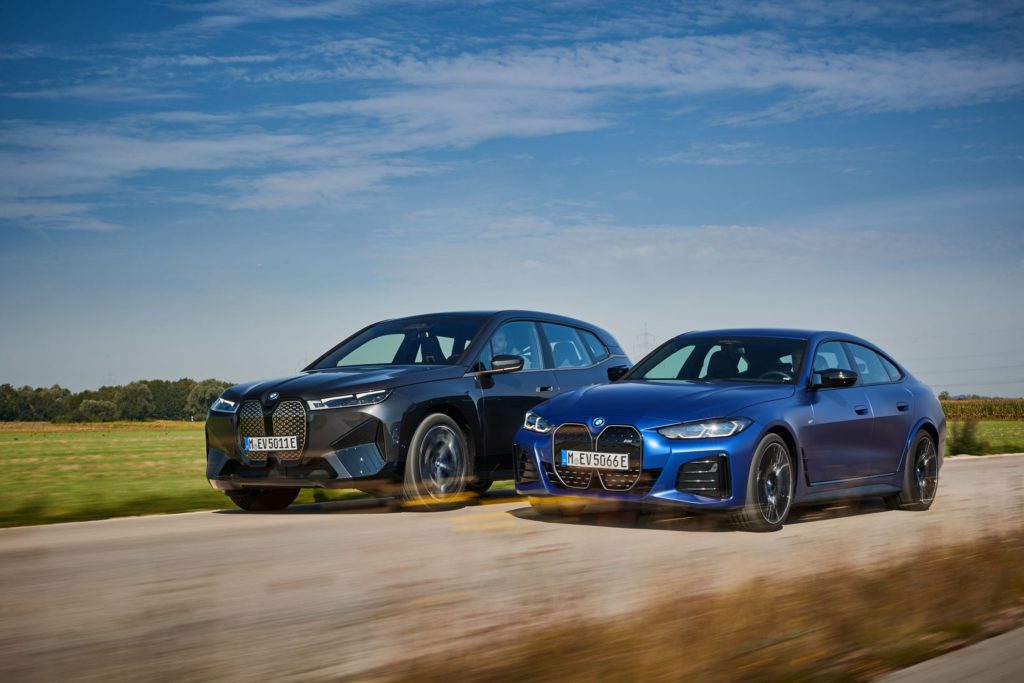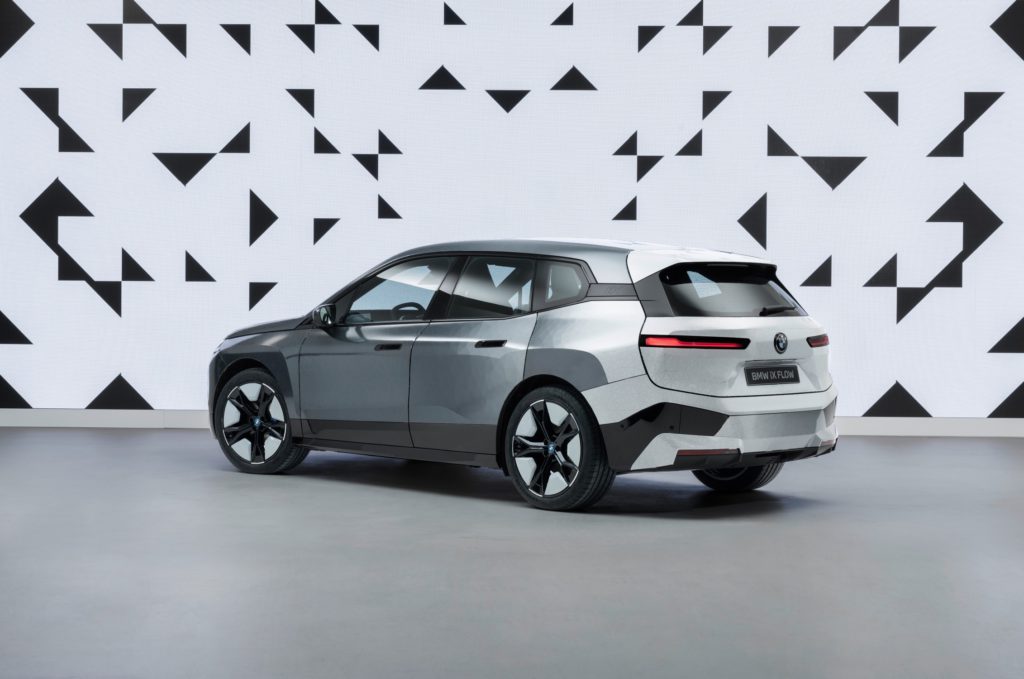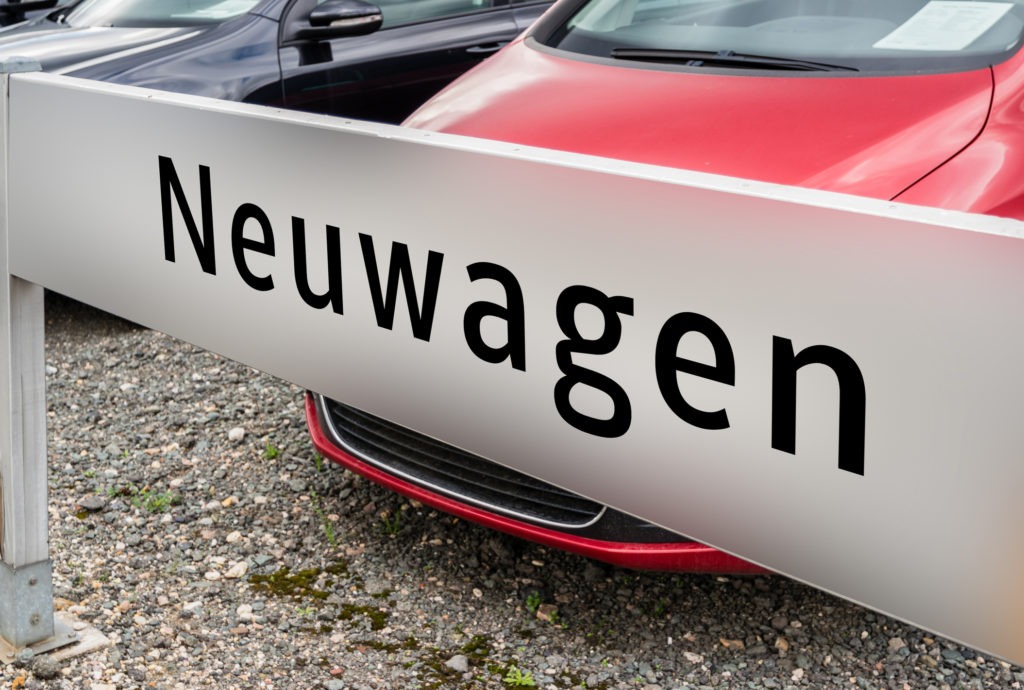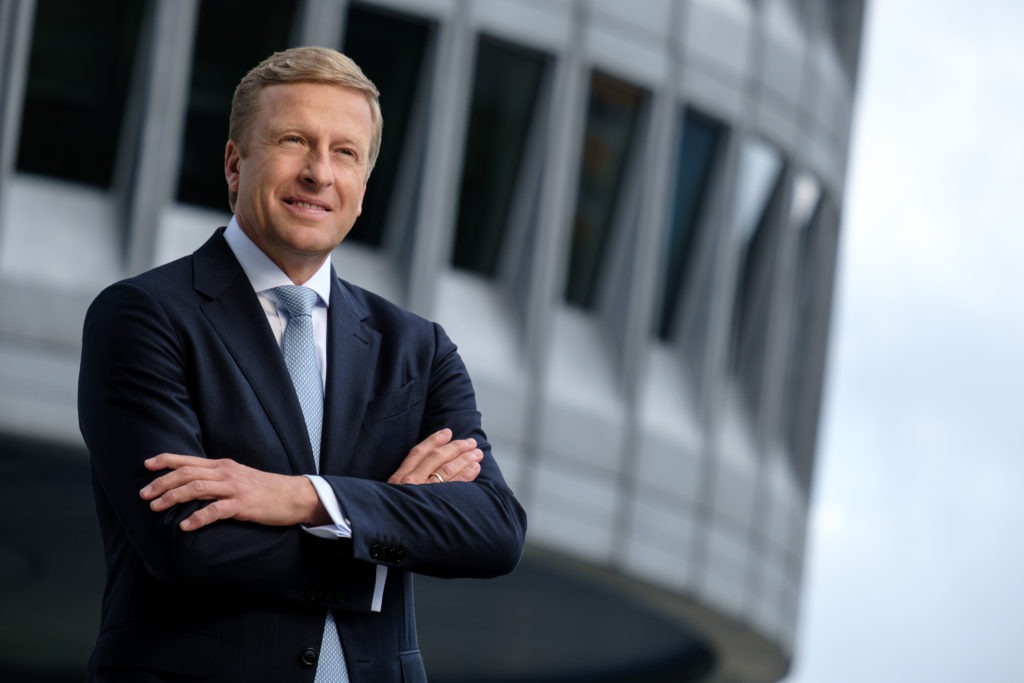BMW creates 6,000 jobs in EV boost
18 January 2022

The shift to electrically-chargeable vehicles (EVs) is picking up speed and moving faster than BMW would have expected two to three years ago. Order books are full, with sales more than doubling in 2021. On the back of this growth, the German carmaker now plans to create up to 6,000 new jobs to cater for the increasing EV demand, BMW CEO Oliver Zipse told German media.
‘We are well on the way through the transformation, have prepared our plants for e-mobility and expect further growth in sales in 2022,’ said Zipse, who also heads the European Automobile Manufacturers’ Association (ACEA). ‘That is why we will increase our number of employees by up to 5% [in 2022]. This is also an expression of our confidence that BMW is properly positioned for the future. With a current workforce of around 120,000, this corresponds to up to 6,000 employees.’
The CEO did not detail where the company would create those jobs, but added BMW was hiring extensively in Munich, where it is headquartered. Since 2020, the OEM has cut around 6,000 jobs.
Last month, the European Association of Automotive Suppliers (CLEPA) warned that around 275,000 jobs are at risk as the automotive industry switches from internal-combustion engine (ICE) to electric technology. While the research shows that 226,000 new jobs are expected in EV powertrain production, 501,000 supplier jobs in ICE component manufacturing are expected to become obsolete if the technology is phased out by 2035 – as proposed by the EU with its ‘Fit for 55’ proposals.
Two million BEV sales by 2025
As the latest figures show, BMW is on an electro-offensive, selling more than 100,000 battery-electric vehicles (BEVs) in 2021. Ramping up electromobility has become a clear focus, with the carmaker releasing two flagship models, the BMW iX and the BMW i4, onto the market late last year.
In 2022, the company wants to expand its electric line-up with BEV versions of the BMW 7 Series and BMW X1 and, in 2023, the high-volume BMW 5 Series. It said that these vehicles would be joined by other models, including the successor to the Mini Countryman and the fully-electric Rolls-Royce Spectre.
The carmaker plans to reach two million sales of BEVs by 2025. Compared to some of its rivals, including Volkswagen (VW) Group, BMW’s electrification targets are less competitive. BMW is noted for investing in a range of technologies rather than putting its entire focus on BEVs to cut emissions.
Warning
Zipse warned that in Europe, the number of EVs is currently growing five times as fast as the infrastructure. ‘Given this imbalance, it would be a mistake to ban the modern and constantly improving internal-combustion engines,’ he said. ‘That would inevitably lead the largest industry in Germany into a contraction scenario. I warn against that. Rather, we advocate combining the CO2 targets with binding targets for the charging infrastructure.’
While other manufacturers are bolstering their own EV battery-cell production, BMW recently said it would take a more cautious approach to this technology until it has developed further.
‘We have secured our needs for the next few years very well with the partners we have,’ finance chief Nicolas Peter told Reuters, noting the company wouldn’t rush to scale up its own cell production. ‘We are not yet at the point where we can say what technology will accompany us for the next 10-15 years. That’s why it’s important to invest a lot of resources with worldwide partners in battery-cell development.’



